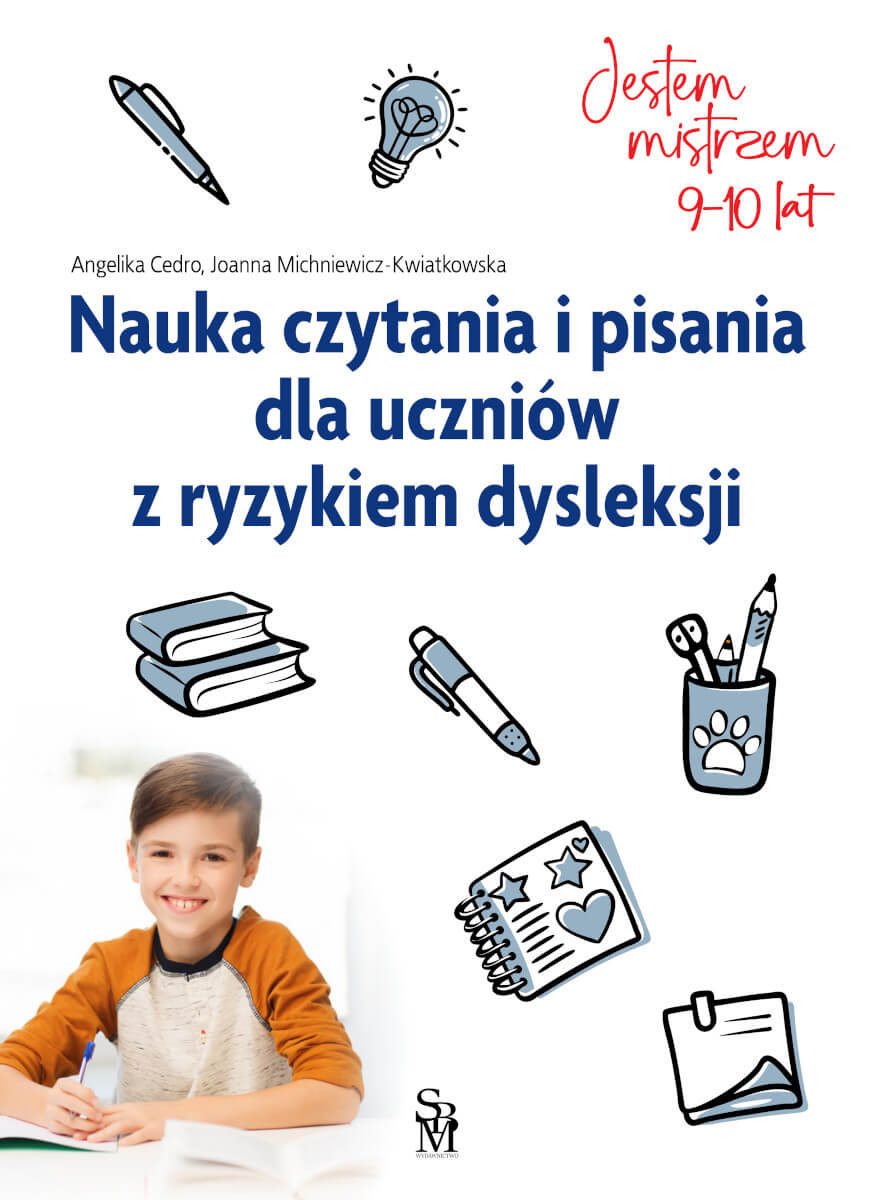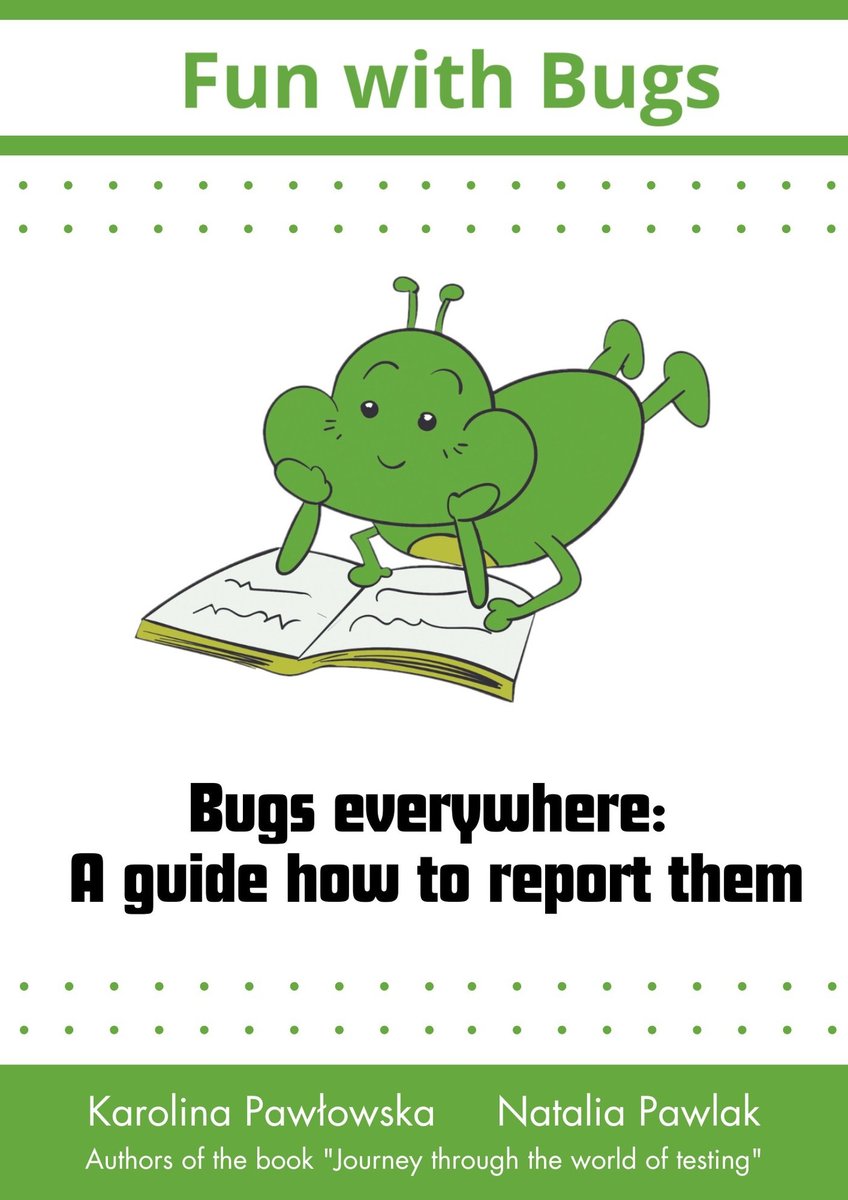matemat
| Szczegóły | |
|---|---|
| Tytuł | matemat |
| Rozszerzenie: | |
matemat PDF - Pobierz:
Pobierz PDF
matemat - podejrzyj 20 pierwszych stron:
Strona 1
1 Reading
reading for gist an
d detail
1 Work in pairs. Read the questions and discuss your answers.
1 How early do you usually start revising before a test?
2 How often do you hand in your homework assignments on time?
3 Have you ever asked teachers to move a test to a later date? Why/why not?
2 Read the text below and choose the best answer (A, B or C) to the questions (1–2).
1 What is the text about? 2 What kind of text is it?
A People who lack ambition. A A magazine article.
B People who are lazy. B A fragment of a novel.
C People who delay things. C An advertisement.
Meet my cousin Martin. His parents and teachers making unrealistic plans, and when the time runs
think he is lazy and unambitious as he refuses to out, she panics and feels guilty. Eva gets depressed
make decisions and waits until the last minute when she looks at people who are better-organised
to complete a task. In fact, Martin is a typical and confident in achieving their goals. Strangely
procrastinator. According to psychologists, enough, she also gets very critical of other
whenever we face a new task or have to make up procrastinators and doesn’t approve of those who
our minds, we experience the unpleasant feelings don’t meet deadlines or avoid responsibility. It’s
of stress, fear and anxiety. Procrastination, one of the reasons why she has no social life and
the mechanism of delaying things, is used to often feels lonely.
overcome these negative emotions. A recent study shows that about three-quarters
It is said that procrastination happens to people of college students in the US consider themselves
with low self-esteem who tend to act impulsively. procrastinators. There is even a special form of
They look at a task and find excuses not to deal difficult situations or make important decisions,
with it here and now. Frequently, they either procrastination typical of students known as student
so he avoids them. Paradoxically, the more Martin syndrome. Haven’t you ever started to prepare for
decide the task is too small to waste their time on procrastinates, the more anxious and stressed out
or, on the contrary, find it too big to control and an exam just at the last possible moment before the
he becomes. He also keeps feeling guilty about deadline, anxious and stressed out? Haven’t you
give up on it in fear.
Scientists claim there are two kinds of delaying things. asked teachers to move tests to a later date hoping
procrastinators. My cousin is the relaxed type His girlfriend Eva, on the other hand, is the tense- you will have more time to prepare? Even if the test
who avoids taking responsibility and instead puts afraid type who can neither manage her time happens a week later, there will be so many new
all his energy into enjoyable tasks. He won’t do nor emotions. As a perfectionist, she lives under tasks to do at the same time that you will be either
his homework, but he will definitely find time pressure. Eva thinks she doesn’t have enough time too stressed or too busy to prepare better for the
to meet his friends. Because Martin is always to complete her work perfectly, so she promises test. The techniques known as student syndrome, just
doing something enjoyable, everyone thinks he herself to relax first: “I’d better take it easy now like other procrastination mechanisms, won’t be the
never worries. In fact, my cousin is afraid to face and start working tomorrow morning.” She keeps solution to your problems.
3 EXAM TASK Przeczytaj tekst w ćwiczeniu 2. Z podanych odpowiedzi wybierz właściwą, zgodną z treścią tekstu.
1 Procrastination is 4 Which is true about the tense-afraid type of
A a professional therapy which helps overcome procrastinators?
stress and anxiety. A They tend to be sociable with plenty of friends.
B a way of avoiding unwanted emotions by B They want to achieve perfection but don't know how.
postponing actions and decisions. C They never express criticism.
C a new trend in psychology which deals with D They are skilful planners and time managers.
experiencing positive emotions. 5 According to the text, the student syndrome
D a new method of solving the problem of mechanism is ineffective because
laziness in teens. A only seventy-five per cent of American students
2 Procrastinators avoid doing tasks because procrastinate.
A they see the tasks as either too unimportant B only seventy-five per cent of American students
or too challenging. admit to procrastination.
B they never act on impulse. C postponing tests and test preparation doesn't result
C they find the tasks too enjoyable and don’t in more study time or better results.
want to waste time. D postponing tests and test preparation guarantees
D they can’t come up with any excuses. more study time and better results.
3 Which is not true about the relaxed type of 6 The author
procrastinators? A approves of all forms of procrastination.
A They feel worried, but it doesn’t show. B recommends procrastination as a reliable and
B They prefer to have fun and avoid effective mechanism.
decision-making. C criticises psychologists who can't help
C They refuse to take responsibility if possible. procrastinators.
D They never experience guilt or fear. D claims procrastination doesn't solve problems.
4 Work in groups of three. Choose one of the topics below and write your set of tips.
• 7 tips for the relaxed type of procrastinators – How to manage your time better?
• 7 tips for the tense-afraid type of procrastinators – How to do more in less time?
PHOTOCOPIABLE Password Reset B1+ Teacher’s Resource File © Springer Nature Limited 2016 & Macmillan Polska 2019 1










